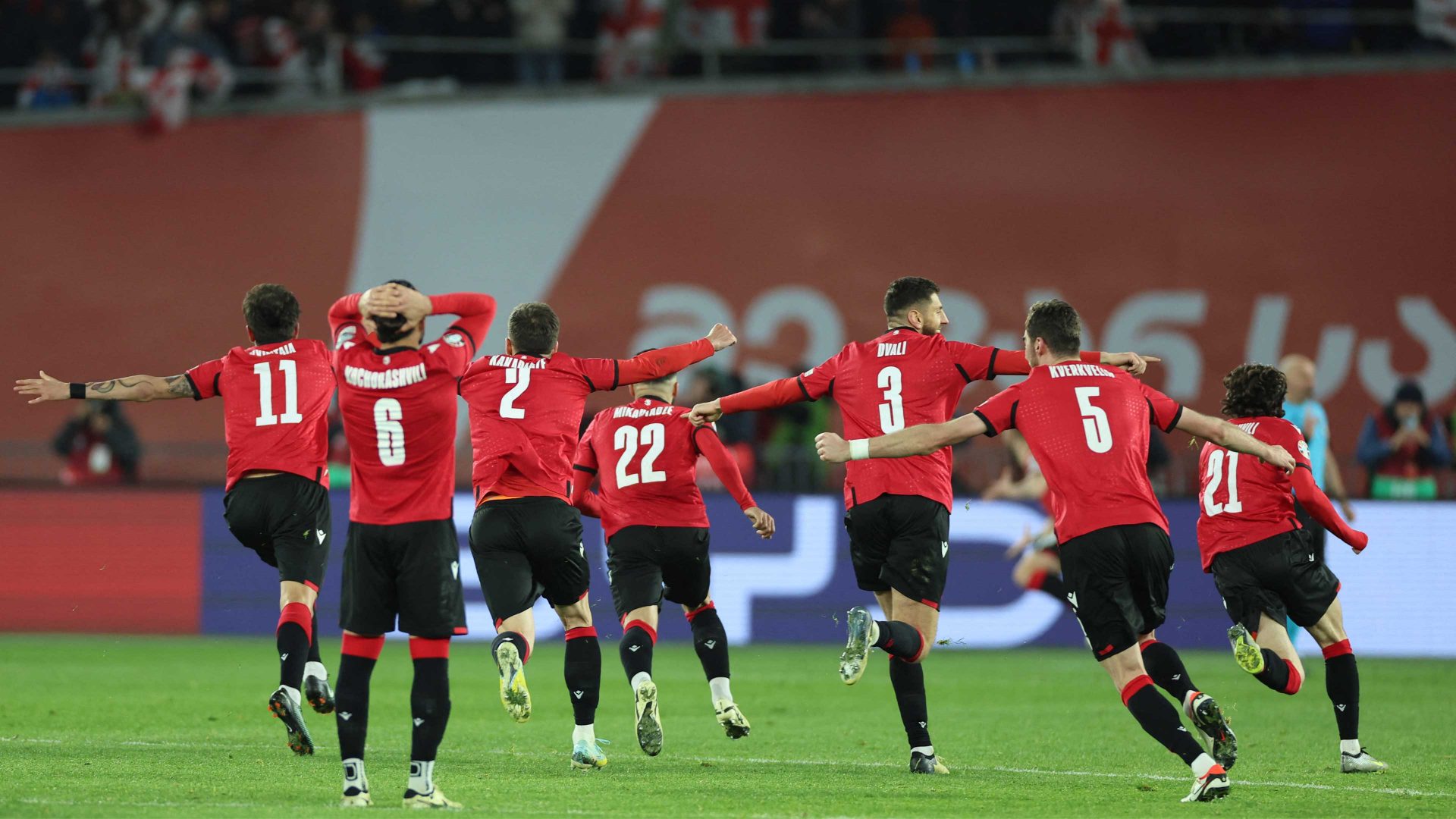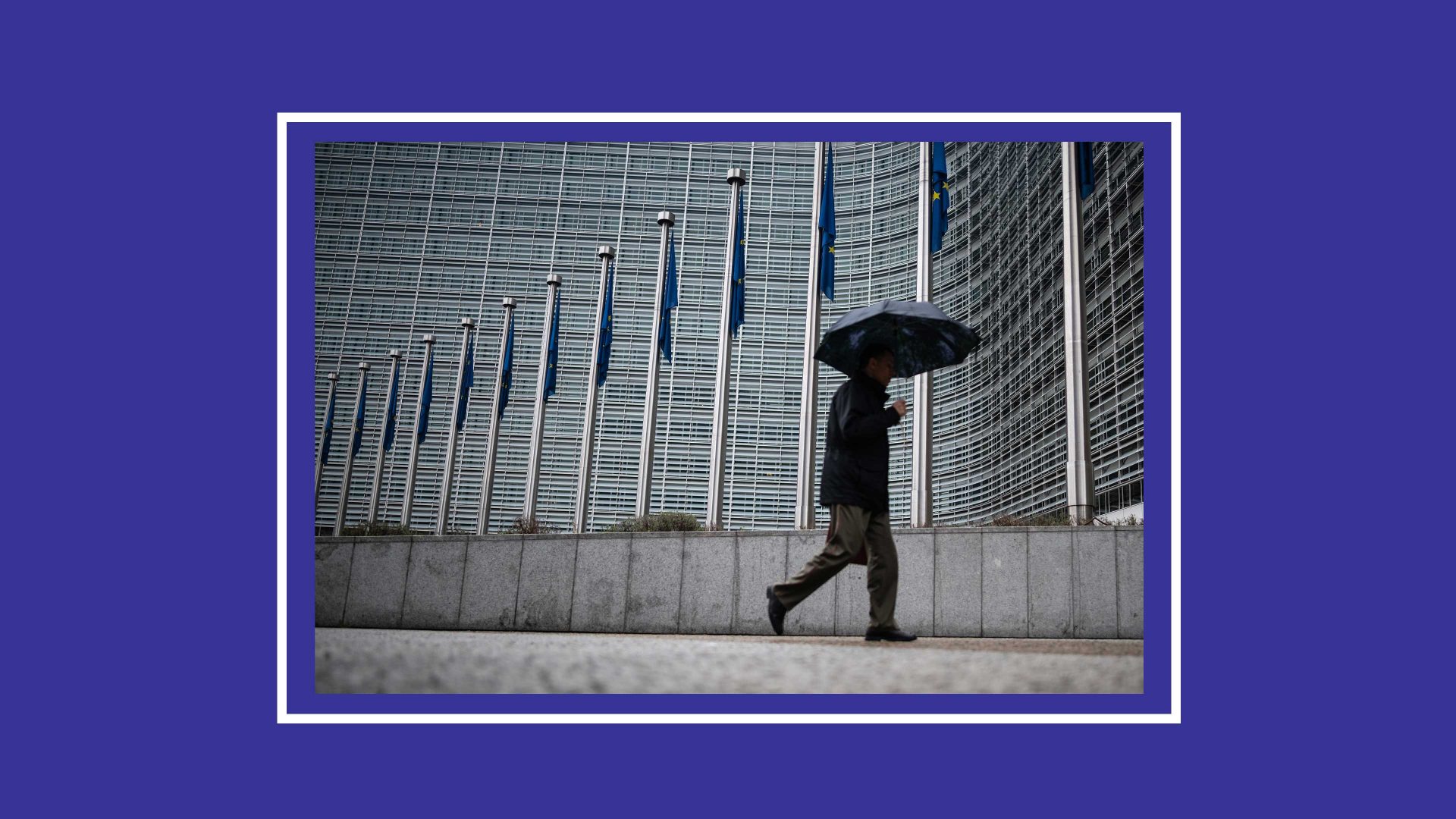My entire family was packed on to our grey couch, staring at my laptop screen, erupting in cheers with every near-miss and goal. My five-year-old son even got scared by the shouting. Despite not being an avid soccer fan, I found myself on an emotional roller-coaster, gripped by the unfolding drama. This match was not just any game; it was a historic moment for Georgia.
I have never seen Georgia as united as it was that evening in March. It was particularly symbolic that in our first year with EU candidate status, our national team got a spot in Euro 2024 by defeating Greece in a tense penalty shootout. Nika Kvekveskiri’s decisive penalty was more than just a goal; it heralded a new era for Georgian football and for the Georgian people, who needed hope at this time in the history of the country.
The victory in the sport captured the hearts of even those typically indifferent to football. It was a moment of national pride, reflecting Georgia’s aspirations and ambitions on the European stage.
It took a while to recover from the wild emotions of that night. I was cheering for Georgia together with my family, and crying at every successful penalty. Sport is always more than sport in Georgia. It is often politics, our social life, our economy, and culture. Sport cuts across all groups in all countries, but in tiny Georgia even more so. This game was the realisation of the Georgian people’s long-awaited aspiration to be in the EU. Our new history is being written in sport.
The heart-melting videos of the police and citizens greeting and hugging each other went viral on social media the following day.
That made it even more shocking to recall the contrasting pictures in the same city: attacks by the police on peaceful political protesters in the same streets of Tbilisi. They were protesting against the government’s so-called Russian law, which was really a way to clamp down on the media and civil society. Georgians hate the idea.
It was almost unbelievable to see the brutal raids on anti-“Russian Law” protests, where people waved Georgian and EU flags, followed by this incredible shift; one night, there were police attacks, another night, the entire country sharing a moment of pride, happiness, and hope.
Budu Zivzivadze, one of the players with the Georgian national team, who plays as a striker at Bundesliga club Karlsruher SC in Germany, offered to open his apartment to Georgians coming for the game in Germany. Football really has inspired the communal spirit.
But I couldn’t help but fear that the ruling party might exploit this football triumph to advance its pro-Kremlin agenda, leveraging its significant impact on society. It came as no surprise when Georgian authorities announced state-subsidised flights to Euro 2024 just as elections are near and daily protests against a controversial Russian-style law erupted in Tbilisi.
Having begun on May 24, special charter flights now fly from Tbilisi and Kutaisi to four German cities. Passengers must be citizens of Georgia and present their football match tickets at the airport; failure to do so will require them to pay the full ticket price. With the government subsidy, a one-way ticket costs €195, and a round trip €390.
Despite this move, the protests in Tbilisi against the Russian law intensified. The government’s adoption of the law is perceived as a threat to Georgia’s European future. The authorities’ attempt to use football to get public support fell flat, as many players, including Zivzivadze, openly supported the protesters. Also, the national joy at being part of Euro 24 tells you exactly where Georgian people want to be.
On June 18, the Georgian national team will face Turkey in Dortmund. It will be a great day for Georgian football fans. We will know the bliss of togetherness.
Kravai Rustaveli is a Georgian writer and activist



